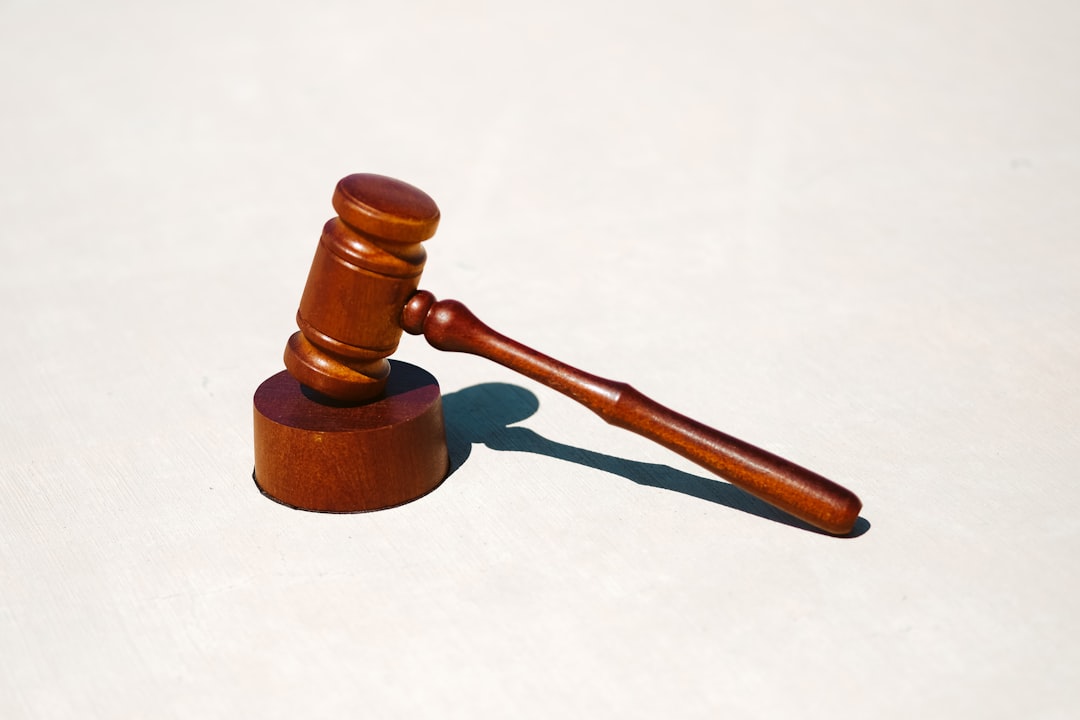In Joliet, historical institutional child abuse has left deep scars on survivors, with strict time limits in Illinois' Statute of Limitations hindering their ability to seek justice. Recent calls for reform, focusing on extending the statute for historical cases, aim to empower victims and hold institutions accountable. Child abuse lawyers in Illinois play a vital role in assisting survivors, offering them a chance to come forward and pursue redress for past traumas. This reform is crucial to break the silence surrounding historical abuse and ensure justice for affected individuals.
In Illinois, the legacy of historical child abuse within Joliet institutions remains a critical issue. This article delves into the profound impacts of past injustices, focusing on the statute of limitations (SOL) that has long shielded perpetrators from accountability. We explore how the current SOL hinders justice for survivors and analyze recent reforms aimed at addressing this problem. As a child abuse lawyer in Illinois, understanding these developments is paramount in supporting survivors’ pursuit of closure and justice.
Understanding Historical Child Abuse in Joliet Institutions: A Background

In the context of historical child abuse in Joliet institutions, understanding the background is paramount. Many children who endured abuse in foster care, orphanages, and other institutional settings during their formative years may have faced severe physical, emotional, and psychological trauma. These experiences often left lasting scars that can manifest as mental health issues, substance abuse, and other long-term challenges.
Joliet, like many cities in Illinois, has a history of running institutional facilities that housed children considered at risk or without families. The actions (or inactions) of those charged with their care have come under scrutiny in recent years, leading to calls for reform, particularly regarding the statute of limitations for such cases. Many survivors and child abuse lawyers in Illinois advocate for extending the time frame to allow more victims to come forward and seek justice.
The Current Statute of Limitations and Its Impact

The current Statute of Limitations in Illinois for filing civil lawsuits related to historical child abuse is a significant barrier for survivors seeking justice. This strict time frame, which limits the period during which legal action can be taken, often leaves individuals who experienced trauma in their childhood with limited options for redress. As a result, many cases of past child abuse go unreported and unheard, perpetuating a cycle of silence and potential further harm to affected individuals.
For survivors of child abuse seeking compensation or accountability, the Statute of Limitations can feel like an insurmountable hurdle. Legal experts, particularly child abuse lawyers in Illinois, argue that this time limit fails to account for the often-prolonged psychological effects of trauma, which may not surface immediately after the incident. Reforming this statute is crucial to ensuring that survivors have a fair chance at seeking justice and closure, especially when dealing with historical institutions like those in Joliet.
Reforms and Their Implications for Survivors and Justice

Reforms aimed at addressing historical child abuse in Joliet institutions have far-reaching implications for both survivors and the pursuit of justice. By modifying the statute of limitations, Illinois is signaling a commitment to holding institutions accountable for past wrongs and providing a crucial window for victims to come forward and seek redress. This change acknowledges the trauma and long-lasting effects of child abuse, ensuring that survivors have a chance to share their stories and potentially gain closure or justice.
For child abuse lawyers in Illinois, these reforms present both opportunities and challenges. It offers a chance to represent survivors who may have been deterred by the traditional statute of limitations, empowering them to take legal action. However, it also demands a delicate balance in navigating complex cases with limited time frames, requiring thorough documentation and prompt legal intervention.






